Free Printable Reading Log: Keep Track of Your Reading Progress
Are you looking for a way to motivate your child to read more? A free printable reading log might be just the tool you need! Not only does it help you keep track of the books your child has read, but it also encourages them to read more. And the best part? You can easily find free printable reading logs online!
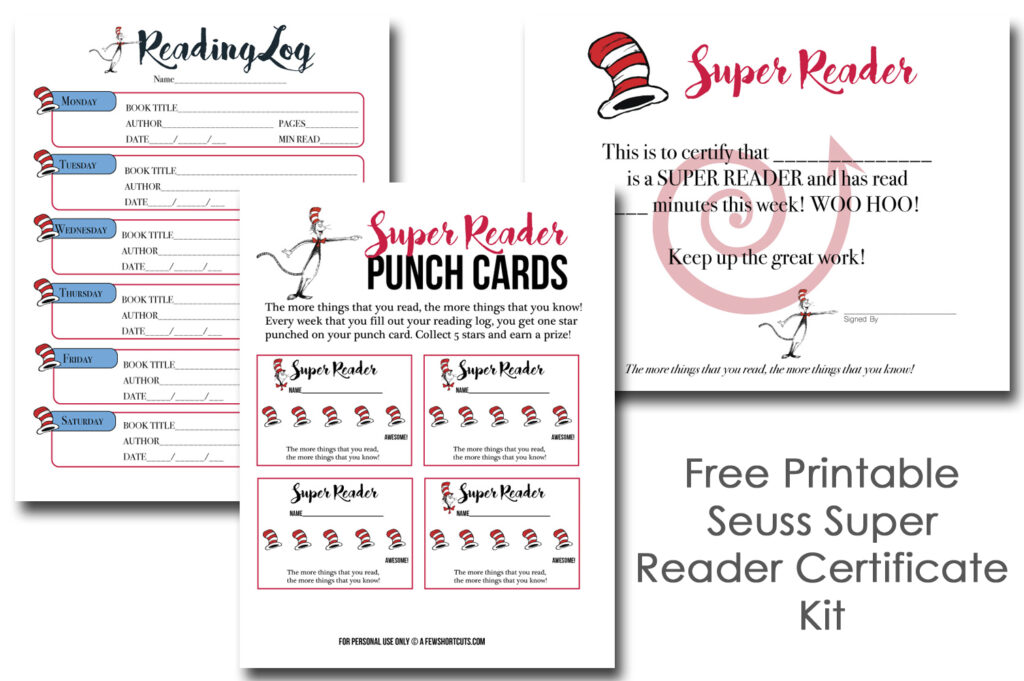
With so many options available, you're sure to find a free printable reading log that works for your child. Some logs have space to write down the title of the book, the author, and the date it was read, while others include space for a brief summary or review. Some logs are designed for daily use, while others are meant to track reading over the course of a week or month. Whatever your needs, there's a reading log out there that will work for you and your child.
Using a reading log can be a fun and rewarding experience for both you and your child. Not only does it help you keep track of the books your child has read, but it also helps them set and achieve reading goals. Plus, it's a great way to look back on all the books they've read and see how much progress they've made. So why not give it a try? Download a free printable reading log today and see how it can make reading even more enjoyable for your child!
Free Printable Reading Log: Keep Track of Your Reading Progress
Benefits of Using a Reading Log
Keeping a reading log can be a great way to develop and maintain a consistent reading habit. Here are some of the benefits of using a free printable reading log:
Fosters Reading Habits
A reading log can help us develop a love of reading by encouraging us to read more often. By setting goals and tracking our progress, we can motivate ourselves to read more consistently. Reading logs can also help us discover new books and genres that we might not have tried otherwise.
Tracks Progress and Growth
One of the biggest benefits of using a reading log is that it allows us to track our reading progress and growth over time. We can see how many books we've read, how many pages we've read, and how long we've spent reading. This can help us identify areas where we need to improve our reading skills and set goals for ourselves.
Encourages Accountability
Using a reading log can also help us stay accountable to our reading goals. When we record our reading progress, we are more likely to stick to our reading habits and make consistent progress. Reading logs can also help us stay motivated by reminding us of how far we've come and how much we've accomplished.
Types of Reading Logs
If you're looking to track your reading progress, there are several types of reading logs available to you. Here are some of the most popular types:
Printable Reading Logs
Free printable reading logs are a great option for those who prefer to keep track of their reading progress on paper. These logs can be printed out and filled in by hand, making them a convenient option for those who don't have access to a computer or prefer to keep things simple. There are many free printable reading log templates available online, so you're sure to find one that suits your needs.
Digital Reading Logs
Digital reading logs are a great option for those who prefer to keep track of their reading progress using a computer or mobile device. These logs can be accessed from anywhere, making them a convenient option for those who like to read on the go. There are many free digital reading log templates available online, so you're sure to find one that suits your needs.
Themed Reading Logs
Themed reading logs are a fun way to keep track of your reading progress. These logs are designed with a specific theme in mind, such as summer reading or monthly reading logs. Themed reading logs can be a great way to motivate yourself to read more, and they can also be a fun way to get kids excited about reading. There are many free themed reading log templates available online, so you're sure to find one that suits your interests.
No matter which type of reading log you choose, tracking your reading progress can be a great way to stay motivated and reach your reading goals. So why not give it a try?
Creating a Reading Log
Keeping track of your reading progress is a great way to stay motivated and reach your reading goals. Creating a reading log is a simple and effective way to do this. In this section, we will discuss how to create a reading log that works for you.
Choosing the Right Template
The first step in creating a reading log is to choose the right template. There are many free printable reading log templates available online. These templates come in different styles and formats, so it's important to choose one that suits your needs.
When choosing a template, consider the following:
- What information do you want to track? Do you want to record the title, author, genre, and time spent reading, or just the title and author?
- Do you want to track your reading progress daily, weekly, or monthly?
- Do you want a simple template or a more detailed one?
Once you have chosen a template, print it out and get ready to customize it.
Customizing Your Log
The next step is to customize your reading log. You can add your name, the date, and any other information you want to include. You can also add a reading challenge or set reading goals.
To customize your log, consider the following:
- Add your name and the date to the top of the log.
- Add a reading challenge or set reading goals. For example, you can challenge yourself to read a certain number of books in a month or read books from a specific genre.
- Customize the template to suit your needs. You can add columns for the author, genre, and time spent reading, or remove columns that you don't need.
Setting Reading Goals
Setting reading goals is a great way to stay motivated and track your progress. When setting reading goals, consider the following:
- Set realistic goals. Don't set a goal that is too difficult to achieve.
- Set a deadline for your goal. This will help you stay on track and motivated.
- Track your progress. Use your reading log to track your progress and see how far you've come.
Implementing Reading Logs in Education
Reading logs are a great way to encourage students to read more and track their progress. In this section, we will explore how reading logs can be implemented in education and discuss strategies for incorporating them into classroom activities.
Reading Logs for Different Grade Levels
Reading logs can be used for students of all ages, from kindergarten to middle school. For younger students, reading logs can be as simple as recording the title of the book and the number of pages read. As students progress through elementary school, reading logs can be expanded to include more detailed information such as the author, genre, and a brief summary of the book. Middle school students can benefit from more complex reading logs that require them to analyze the book and reflect on their reading experience.
Incorporating Logs into Classroom Activities
Reading logs can be incorporated into classroom activities in a variety of ways. For example, teachers can use reading logs to assign reading homework and track student progress. Reading logs can also be used as a tool for in-class discussions and group activities. Teachers can ask students to share their reading logs with the class and use them as a starting point for discussions about the books they have read.
Engaging Parents and Guardians
Reading logs can also be a great way to engage parents and guardians in their child's education. Teachers can send reading logs home with students and ask parents to sign off on their child's progress. This can help parents stay involved in their child's education and encourage them to read with their child at home.
Reading Log Features
Keeping a reading log is a great way to track your reading progress, and there are some key components that every reading log should have. In this section, we'll discuss the essential elements of a reading log and how they can help you get the most out of your reading experience.
Key Components of a Reading Log
A reading log should include the title and author of the book you're reading, as well as the date you started and finished the book. It's also helpful to include the number of pages in the book, as this can help you track your progress and set reading goals. A daily reading log can be useful for keeping track of how much time you spend reading each day, and a weekly reading log can help you see how much you've read over the course of a week.
Adding a Rating System
Another important feature of a reading log is a rating system. This can be as simple as a star rating or a more detailed system that takes into account different aspects of the book, such as the plot, characters, and writing style. A rating system can help you remember which books you enjoyed and which ones you didn't, and it can also help you recommend books to others.
Inclusion of Reflection and Comprehension
Reflection and comprehension are also important components of a reading log. After finishing a book, take some time to reflect on what you've read and how it made you feel. Consider what you learned from the book and how it has impacted your thinking. Including these thoughts in your reading log can help you develop critical thinking skills and deepen your understanding of the books you read.
Reading Log for Personal Use
As book lovers, we know how important it is to keep track of our reading progress. That's why we recommend using a free printable reading log for personal use. It's a simple way to maintain a record of the books we've read, the time spent reading, and our thoughts on each book.
Tracking Personal Reading Challenges
One of the best things about using a reading log is that it helps us track our personal reading challenges. We can set goals for ourselves, such as reading a certain number of books in a month or exploring new genres. By recording our progress in a reading log, we can monitor our success and celebrate our achievements.
Maintaining a Reading Journal
Another benefit of using a reading log is that it allows us to maintain a reading journal. We can jot down our thoughts on each book, reflect on what we've learned, and share our love of reading with others. A reading journal is a great way to keep the memories of our favorite books alive and to inspire us to continue reading.
Free printable reading logs are available online and can be customized to suit our needs. We can choose from a variety of designs, including bullet journal-style logs, library trackers, and book review templates. Daily reading logs are also available, which allow us to record the time spent reading each day and track our reading progress over time.
Using a reading log for personal use is a great way to encourage a love of reading and to monitor our progress as we explore new books and genres. By setting personal reading challenges and maintaining a reading journal, we can enhance our reading experience and even earn prizes for our achievements. So, why not give it a try and see how a free printable reading log can benefit you?
-> Download and print our Free Printable Reading Log here! <-
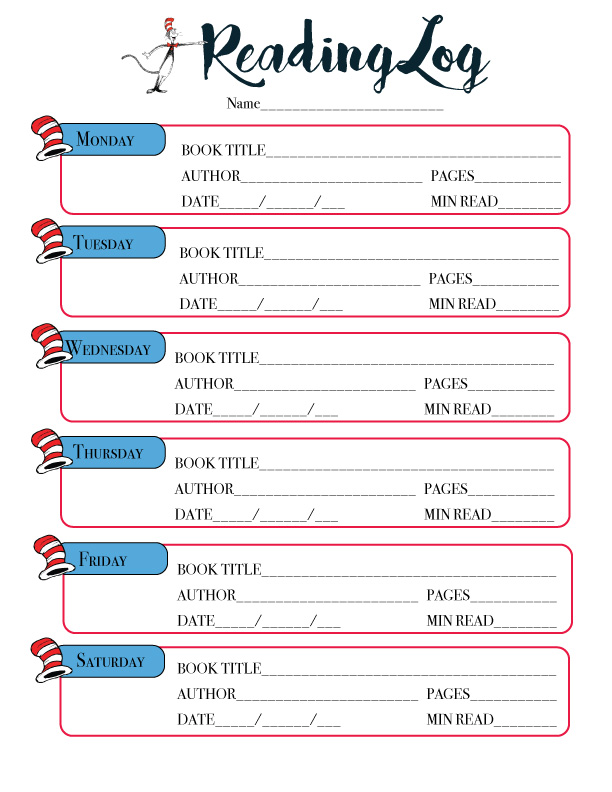
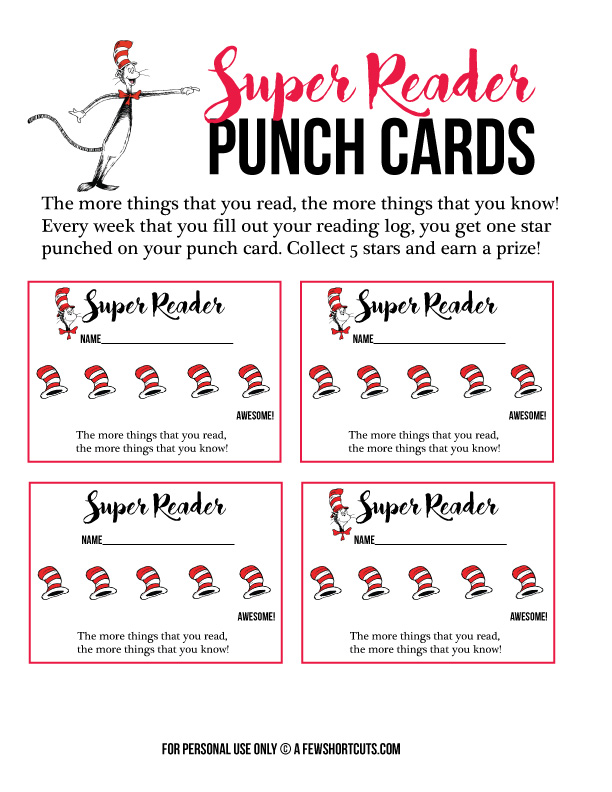
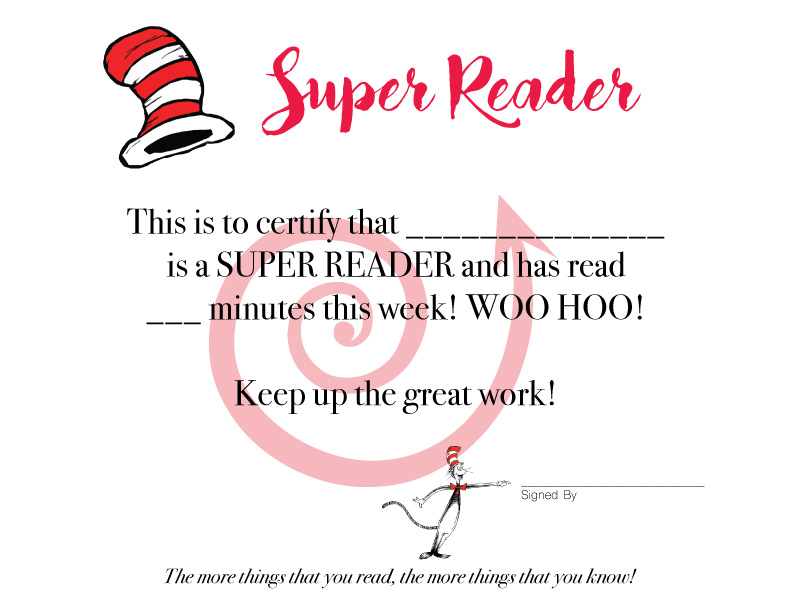
Tips for Effective Reading Logs
Keeping a reading log is a great way to track your reading progress and stay motivated. Here are some tips to help you make the most out of your daily free printable reading log:
Regular Updates and Consistency
To get the most out of your reading log, it's important to update it regularly and consistently. Set aside a specific time each day or week to update your log, and stick to it. This will help you stay on track with your reading goals and make it easier to track your progress over time.
Incorporating Rewards and Incentives
Incorporating rewards and incentives into your reading log can help motivate you to read more. Consider setting goals for yourself, such as reading a certain number of pages or books each week, and rewarding yourself when you meet those goals. You could also use a rating system to track your favorite books, or share your reading progress with friends or family to stay accountable.
Additionally, consider using your reading log as a way to limit your screen time. Set a goal to spend a certain amount of time reading each day, and treat yourself to a fun activity or treat once you've met that goal. This will help you stay motivated and make reading a more enjoyable part of your daily routine.
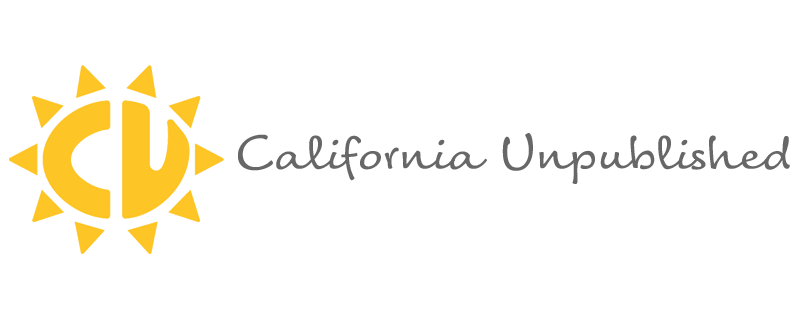
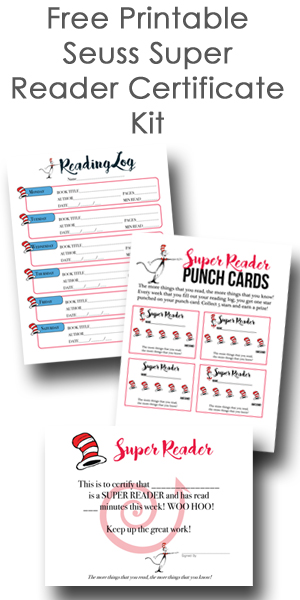
![14 Beachfront Coffee Shops: Best Coffee Shops With A View in California 6 14 Beachfront Coffee Shops: Best Coffee Shops With A View in California [2025 Guide]](https://californiaunpublished.com/wp-content/uploads/2025/07/bennet-Ofn3-x6-B_A-unsplash-scaled.jpg)
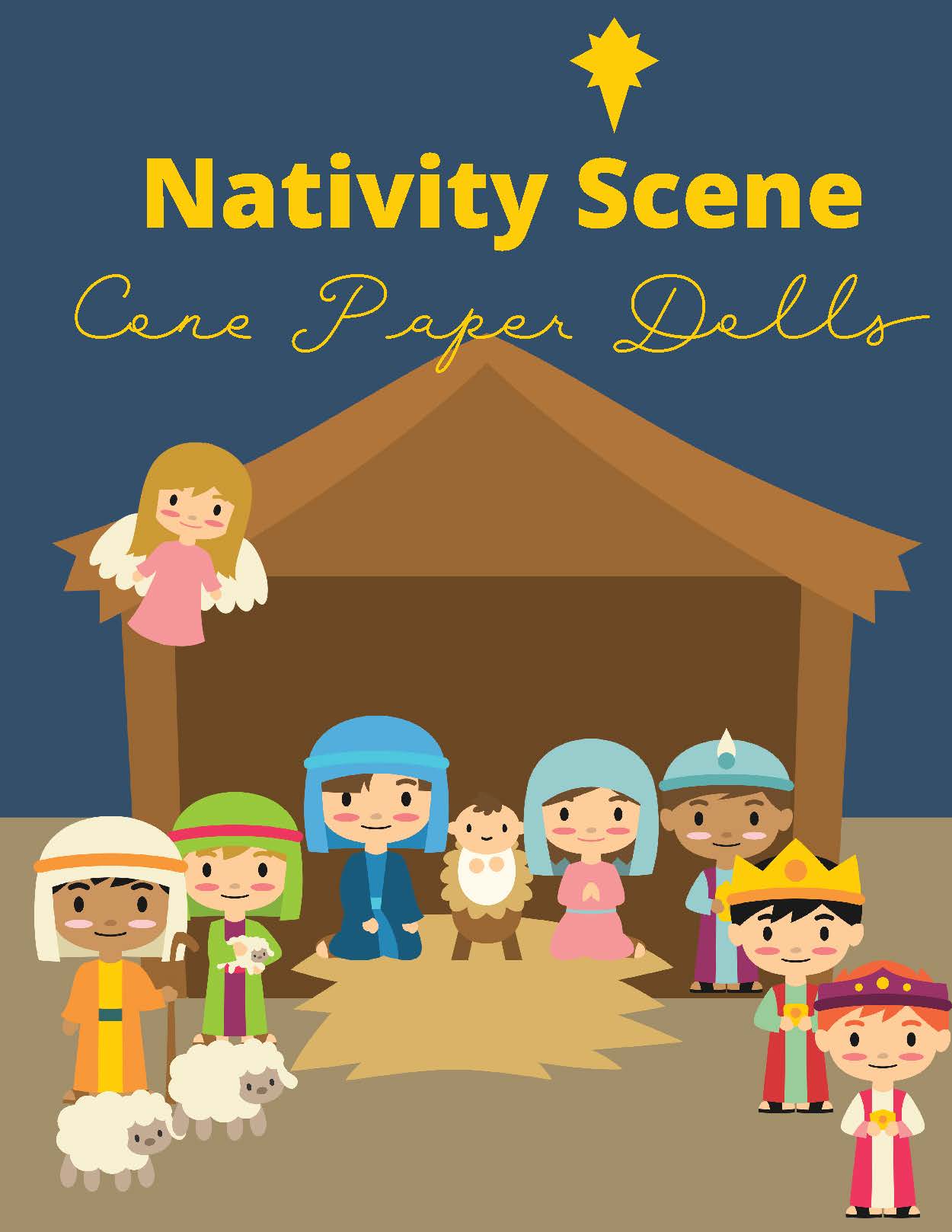

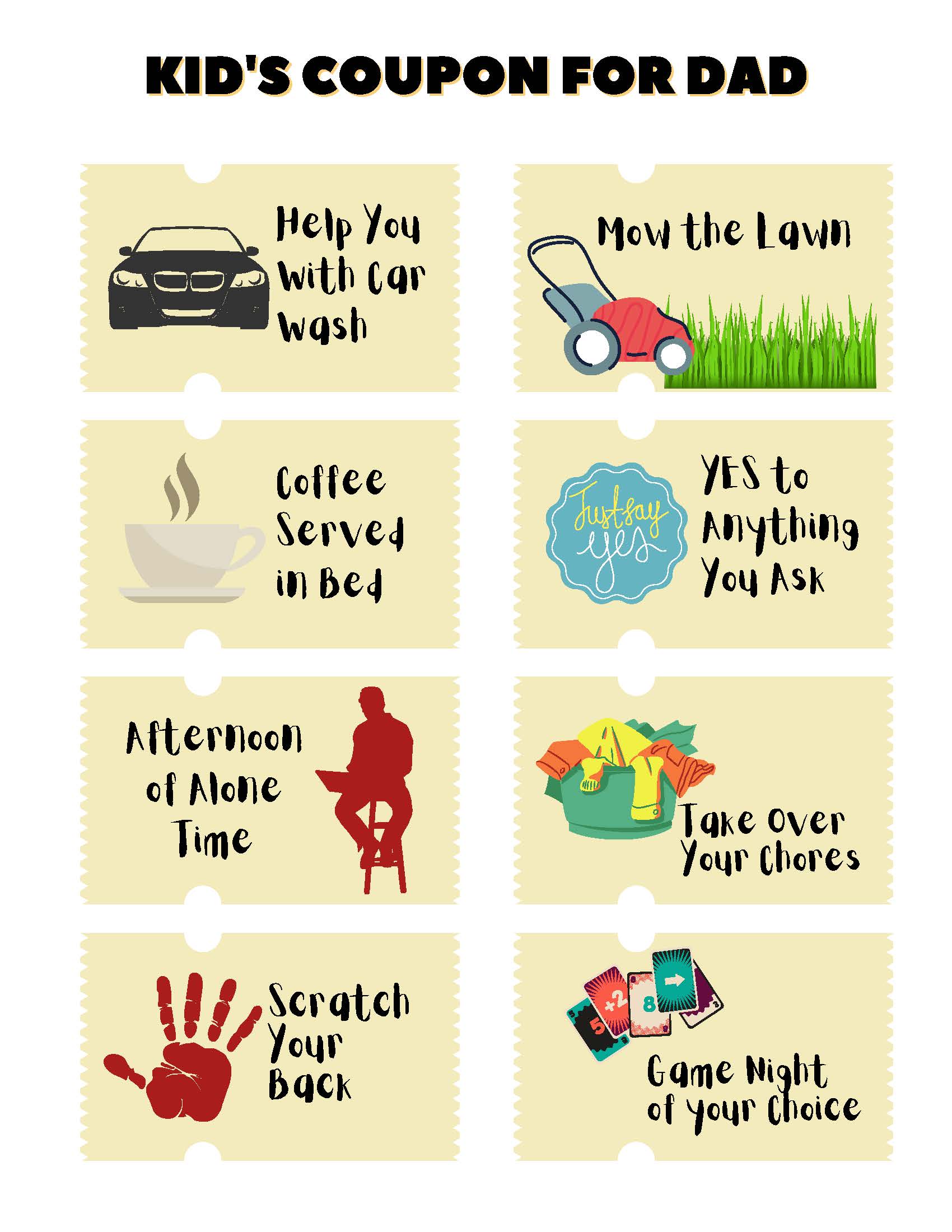
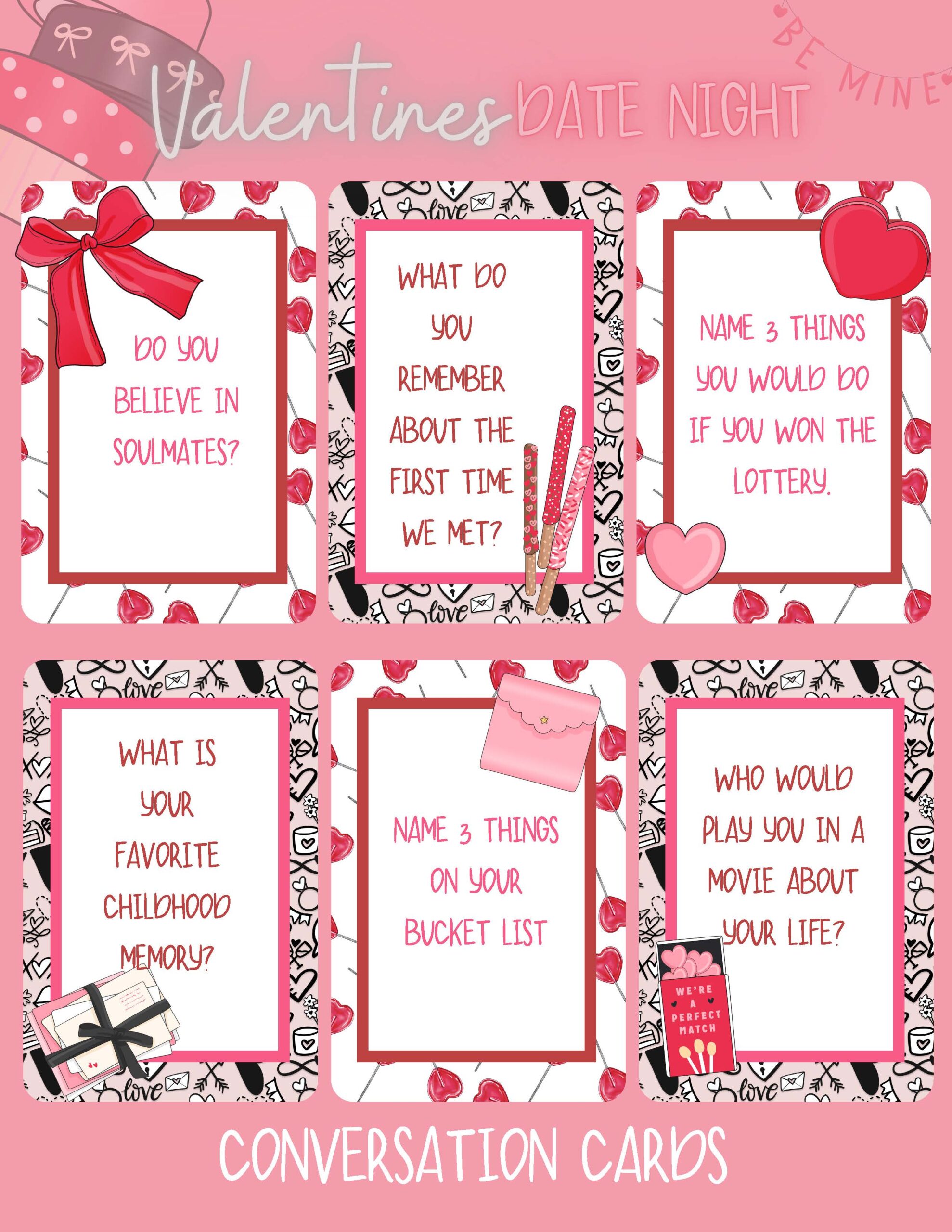

thank you